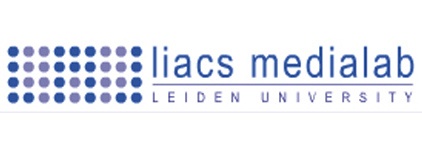| There are two paradigms for the user interface: text keyword search as
found in Google and subject guides such as Yahoo!. Some search
engines such as Go and Lycos try to cater to both paradigms. I
find both of these paradigms to be simple and intuitive, however
neither paradigm is easily scalable to other kinds of media. The text
keyword search tends to be more general in that you are not limited to
the subjects listed on the initial page. However, the subject guides
can help in conceptualizing which categories the page might fit into.
What are the best user interface features? At the top of my list is
AltaVista's ability to customize the search engine to sort the results
according to the keywords which I think are most important.
For the first time user, I would recommend HotBot's user interface in
that it makes the advanced searches as intuitive as possible.
The results pages for the current search engines typically demonstrate
a tradeoff found in pattern recognition, that is, false alarms versus
misdetections. A false alarm occurs when the search engine indicates a
web page is relevant when it is not. A misdetection occurs when the
search engine misses a relevant web page. In pattern recognition, you
can typically set a parameter to determine whether you will have many
false alarms & few misdetections or few false alarms & many
misdetections. This relates directly to the results in that the text
keyword search engines usually have many false alarms & few
misdetections and the subject guides have few false alarms & many
misdetections. In my opinion, for the same queries, none of the
keyword search engines have more relevant results than the others. One
notable feature is that AltaVista groups mirror sites under one
heading.
The search engine, Google, claims to have more relevant
searches, because it implements a network based weighting
system which favors pages which carry more authority. Authority
is measured by the analysis of the link structure of the
WWW. Roughly speaking, it is assumed that pages which are linked to more
frequently are more authoritative.
Why use only one search engine when its possible
to search many of the at once? Metacrawler
will let you "have your cake and eat it too." It allows
users to search multiple search engines from
one simple interface.
In summary, all of the WWW search engines
are improving. It is yet unclear which method works
the best. |
